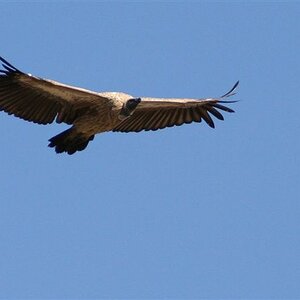whatsexposure
TPF Noob!
- Joined
- Sep 25, 2012
- Messages
- 8
- Reaction score
- 0
- Location
- Toronto ON Canada
- Can others edit my Photos
- Photos OK to edit
Hi everyone, My name is Joseph.
I joined this forum hoping to learn the trades of photography!
I'm planning on starting with a 35mm film SLR and hopefully hone my skills.
I hope to learn a lot from all of you!
Thank you!
I joined this forum hoping to learn the trades of photography!
I'm planning on starting with a 35mm film SLR and hopefully hone my skills.
I hope to learn a lot from all of you!
Thank you!


![[No title]](/data/xfmg/thumbnail/33/33029-f4556b4c89cecbad12ebe6b782a51ef5.jpg?1619735843)
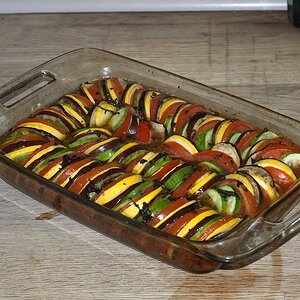
![[No title]](/data/xfmg/thumbnail/40/40308-f92e28f094216c151f3ad1fd7453c99b.jpg?1619739413)
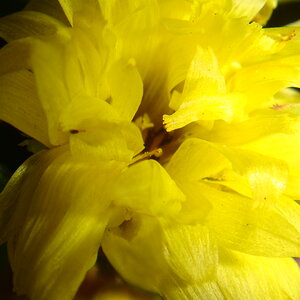
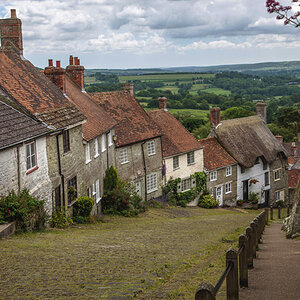
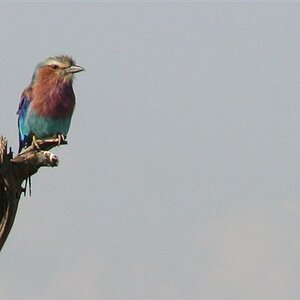
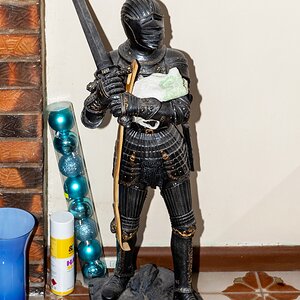
![[No title]](/data/xfmg/thumbnail/40/40310-01bec1b9b7918522bf21a09cf75c5266.jpg?1619739414)
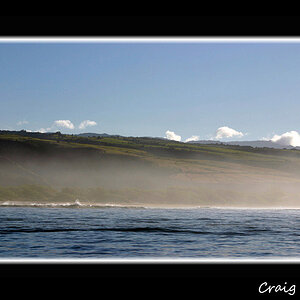
![[No title]](/data/xfmg/thumbnail/40/40309-c759bfd4ae7c079632e7402d21d332f1.jpg?1619739414)
![[No title]](/data/xfmg/thumbnail/40/40311-715dda8167abb793178d6abf7e8136fe.jpg?1619739414)
